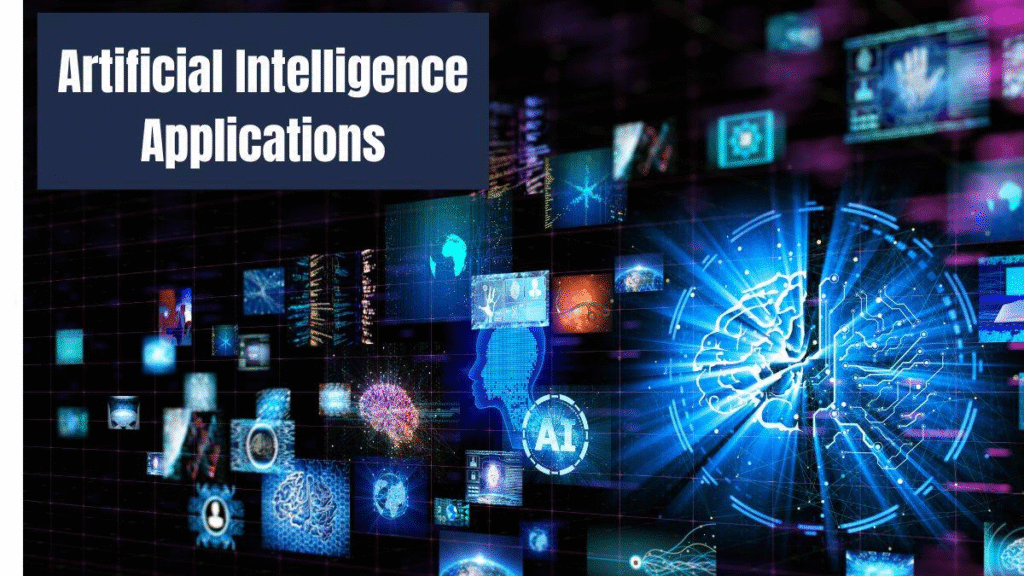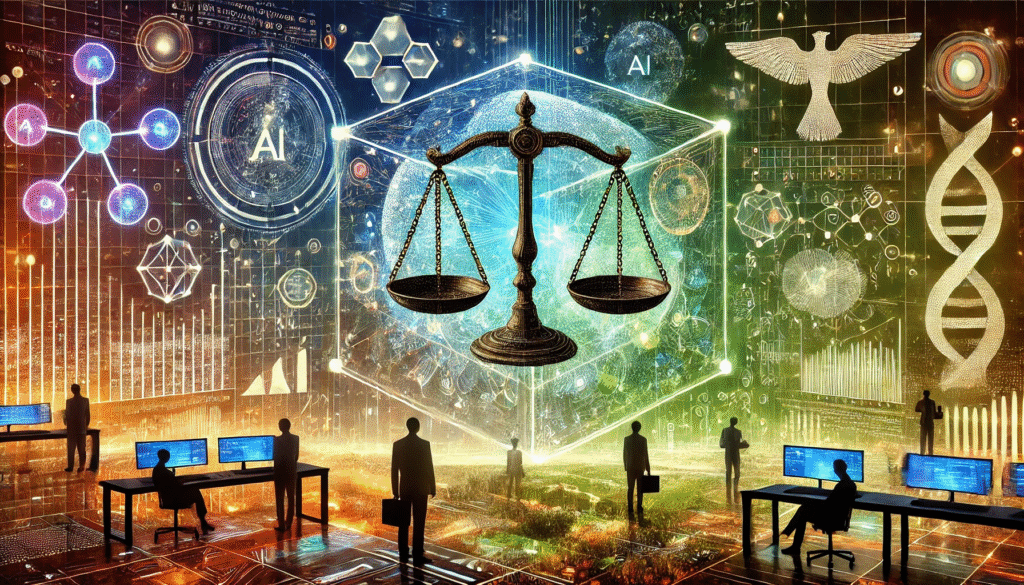Artificial Intelligence, or AI, has become one of the most transformative technologies of the 21st century. It powers our search engines, recommends what we watch next on streaming platforms, detects fraud in banking, and even assists in healthcare diagnostics. But what exactly is AI? Let’s break down the definition of artificial intelligence, examine its core components, understand its real-world applications, and explore its increasing role in tech support.
What is Artificial Intelligence?
Artificial Intelligence (AI) refers to the simulation of human intelligence processes by machines, especially computer systems. These processes include learning (the acquisition of information and rules for using it), reasoning (using rules to reach approximate or definite conclusions), and self-correction.
In simpler terms, AI enables machines to perform tasks that typically require human intelligence. These include recognizing speech, understanding natural language, solving problems, making decisions, and even perceiving visual data.
Image Suggestion: Diagram showing the evolution from basic computing to AI and machine learning.
Core Components of AI
Artificial Intelligence isn’t a single technology; it’s a broad field with various subfields and disciplines. Key components include:
- Machine Learning (ML): Algorithms that allow systems to learn and improve from experience without being explicitly programmed.
- Natural Language Processing (NLP): Enables machines to understand, interpret, and respond to human language.
- Computer Vision: The ability of systems to interpret visual information from the world.
- Robotics: Combines AI with mechanical engineering to create intelligent machines.
- Expert Systems: Software that emulates the decision-making ability of a human expert.
Infographic Suggestion: A labeled diagram of AI branches: ML, NLP, Vision, Robotics, Expert Systems.
Types of Artificial Intelligence
AI can be categorized by capabilities and functionalities:
By Capabilities:
- Narrow AI: Specialized in one task (e.g., Google Search, Siri).
- General AI: Can perform any intellectual task a human can do (still theoretical).
- Super AI: Surpasses human intelligence (hypothetical, future concept).
By Functionalities:
- Reactive Machines: Respond to specific inputs (e.g., IBM’s Deep Blue).
- Limited Memory: Learn from historical data (e.g., self-driving cars).
- Theory of Mind: Understand emotions and beliefs (in development).
- Self-aware AI: Sentient machines (not yet realized).
Chart Suggestion: Table comparing Reactive, Limited Memory, Theory of Mind, and Self-aware AI.
Real-World Applications of Artificial Intelligence

AI is everywhere—often in places we don’t even notice. Here are some fields where AI is being actively used:
1. Healthcare
- Disease diagnosis with AI-powered tools (e.g., cancer detection).
- Virtual health assistants and wearable monitoring.
2. Finance
- Fraud detection.
- Robo-advisors for investing.
- Automated customer service via chatbots.
3. Retail
- Recommendation systems on e-commerce websites.
- Virtual try-ons using computer vision.
4. Transportation
- Autonomous vehicles.
- Traffic flow optimization.
5. Tech Support
AI has revolutionized tech support by:
- Offering 24/7 customer service through chatbots.
- Using natural language processing to understand user queries.
- Providing real-time diagnostics and resolutions.
Example: A software company reduces ticket volume by 40% by implementing an AI chatbot that answers common tech support queries.
AI and Tech Support: A Perfect Match
The integration of AI into tech support services has proven highly beneficial. Here’s how:
a. Automated Responses
AI chatbots can handle level-one support by answering FAQs, resetting passwords, and guiding users through basic troubleshooting steps.
b. Predictive Maintenance
AI tools can predict potential system failures and alert the tech support team before users are even affected.
c. Natural Language Understanding
Advanced NLP algorithms enable AI to understand the context and sentiment behind support tickets.
d. Multilingual Support
AI tools like Google Translate integrated with helpdesks can break down language barriers in global tech support.
e. Data-Driven Insights
AI tools can analyze support trends to provide actionable feedback, helping teams enhance service quality.
Infographic Suggestion: AI in Tech Support Flowchart: From User Query to Resolution.
Ethical and Security Considerations in AI

While AI offers immense benefits, it also brings challenges:
- Bias and Fairness: Algorithms may reflect societal biases.
- Job Displacement: Automation may replace certain roles.
- Privacy: AI systems process vast amounts of user data.
- Transparency: Decisions made by AI can sometimes be opaque.
External Link: AI Ethics Guidelines by UNESCO
Tech support systems must ensure ethical AI practices, especially when dealing with sensitive customer data.
Future of Artificial Intelligence
As AI continues to evolve, we can expect:
- Better contextual understanding in tech support.
- Hyper-personalization of services.
- Wider integration into small business operations.
- Increased adoption in underdeveloped regions via mobile tech.
Chart Suggestion: Timeline of AI advancements: Past, Present, Future
Conclusion
Artificial Intelligence is no longer a futuristic concept—it is an everyday reality. From simplifying our routines to enhancing complex business operations, AI is making a profound impact. It has especially transformed the field of tech support, making it faster, smarter, and more reliable.
As we look to the future, understanding AI’s definition, capabilities, and ethical implications will become essential for every professional, organization, and consumer.
Want more deep-dives into emerging tech like Artificial Intelligence?
- Subscribe to our TechThrilled newsletter
- Comment your thoughts on how AI has changed your life
- Share this article with your peers and tech enthusiasts
Stay curious. Stay informed. Stay thrilled with www.techthrilled.com.
